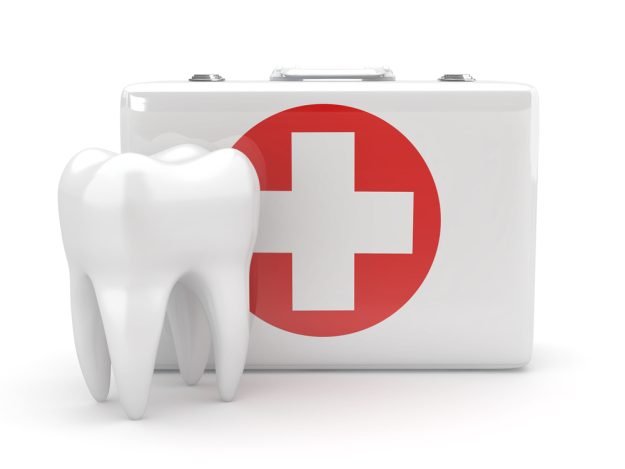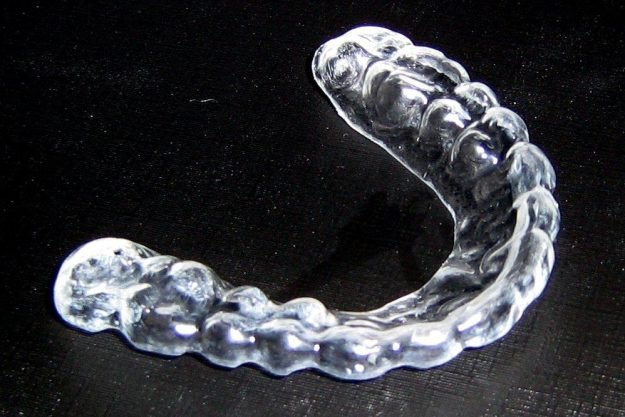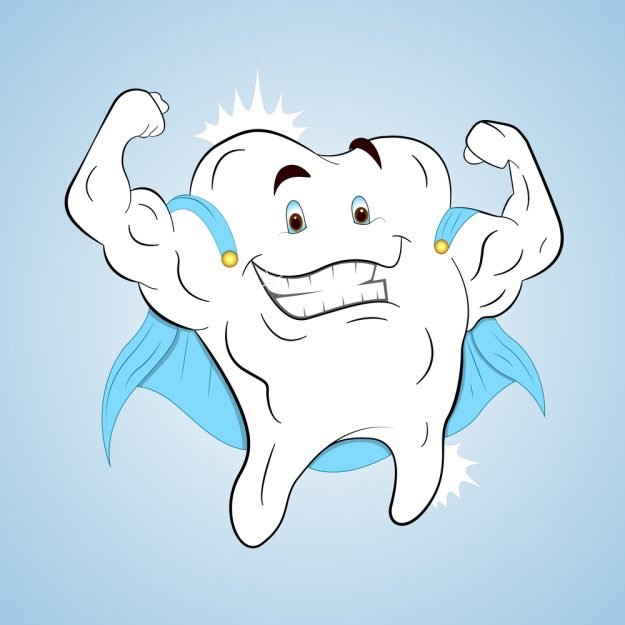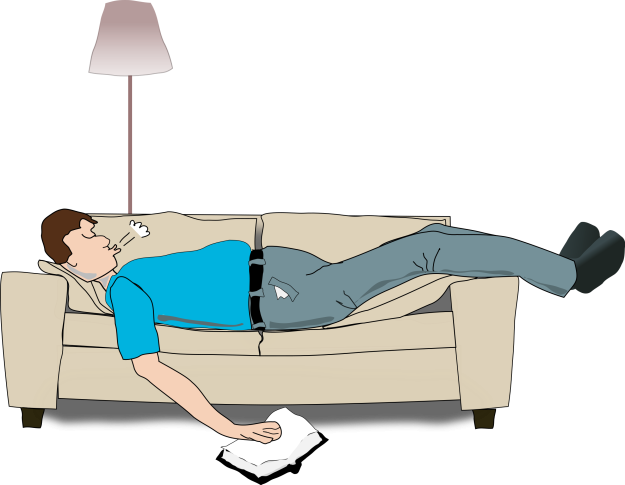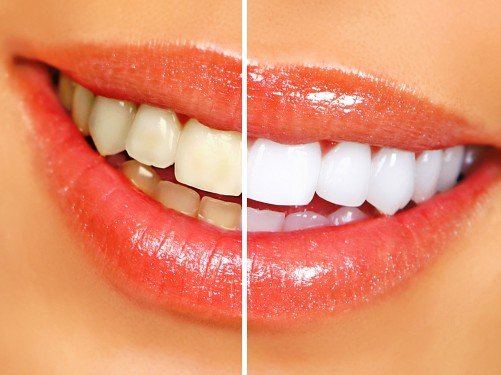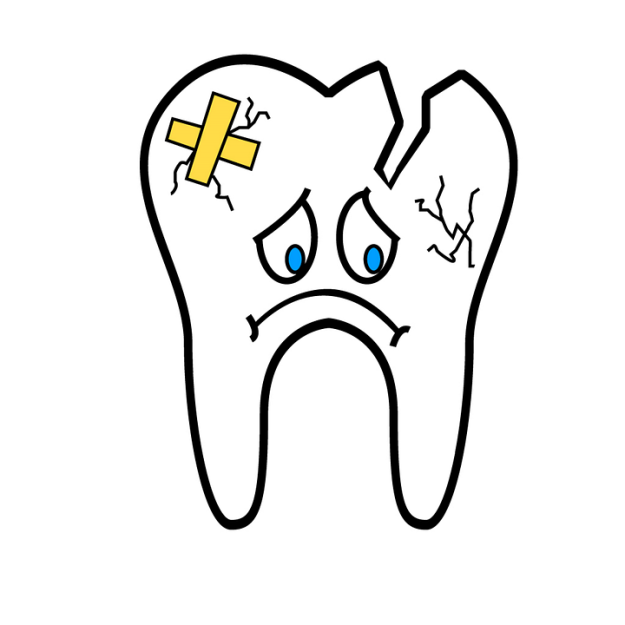Dental Emergencies
Like most emergencies, dental emergencies happen at unpredictable, inconvenient times. Failure to seek treatment for a dental emergency may increase the risk of permanent damage or more expensive treatment later. Conversely, you can easily treat some situations at home. Here are some examples of dental emergencies and advice on what to do and when to…

